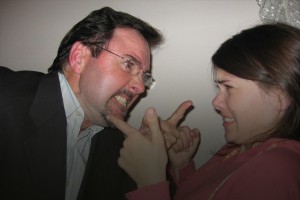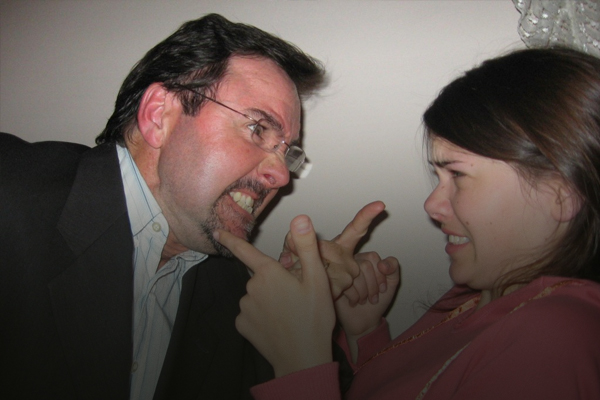
1Corinthians 16:13
Be on the alert, stand firm in the faith, act like men, be strong.
1 Timothy 6:20
Timothy, guard what has been entrusted to you, avoiding worldly and empty chatter and the opposing arguments of what is falsely called “knowledge”—
2 Peter 3:17
You therefore, beloved, knowing this beforehand, be on your guard so that you are not carried away by the error of unprincipled men and fall from your own steadfastness,
Have you noticed, however, that many of us who accept this responsibility end up a bit grumpy and caustic? We’ve all met Christian brothers and sisters who seem unduly angry or irritable as they make a case for what they believe. Why does this happen? Why does Peter find it necessary to warn us to be respectful and gentle when we give a reason for the hope we have in Jesus (1Peter 3:15)? Peter seems to recognize the human tendency to wander from alertness to acidity:
Case Making Vigilance
The Bible calls us to guard what has been entrusted to us, and this does require vigilance on our part. Vigilance can be defined as “the quality or state of being wakeful and alert: the degree of wakefulness or responsiveness to stimuli.” In order to guard the truth, we have to be aware of the very moment error first appears. We must be watchful and ever attentive to the presence of those who want to distort the truth (whether they are coming from inside or outside the Christian family).
Case Making Vitriol
But we also need to be careful not to allow our concern for truth over-ride our love and tolerance of people. We are called to be judgmental of bad ideas, while kind and tolerant to those who may hold them. Sometimes it’s difficult to defend the truth without becoming proud of the fact we hold the truth in the first place. Our pride and self-satisfaction can often lead to vitriol as we conquer the false ideas besieging us. Vitriol is defined as a “biting sharpness of feeling or expression.” When our proud vigilance turns into acidity, bitterness, or cattiness, it’s time to examine what we are trying to achieve and what we are projecting to those around us.
When the authors of Scripture encourage us to evangelize the lost, they seldom warn us about being disrespectful or harsh. Peter, however, when encouraging us to make a defense for the hope we have in Jesus, does find it necessary to warn us about these two attributes of vitriol. Interesting isn’t it? There’s something about Christian Case Making that can sometimes lead to vitriol. It’s our prideful nature as fallen humans, even as we do the best we can to be vigilant; God has warned us not to let this vigilance turn into vitriol.

J. Warner Wallace is a Dateline featured Cold-Case Detective, Senior Fellow at the Colson Center for Christian Worldview, Adj. Professor of Christian Apologetics at Talbot School of Theology, Biola University, author of Cold-Case Christianity, God’s Crime Scene, and Forensic Faith, and creator of the Case Makers Academy for kids.
Subscribe to J. Warner’s Daily Email
J. Warner Wallace is a Dateline featured cold-case homicide detective, popular national speaker and best-selling author. He continues to consult on cold-case investigations while serving as a Senior Fellow at the Colson Center for Christian Worldview. He is also an Adj. Professor of Christian Apologetics at Talbot School of Theology, Biola University, and a faculty member at Summit Ministries. He holds a BA in Design (from CSULB), an MA in Architecture (from UCLA), and an MA in Theological Studies (from Gateway Seminary).

































Pingback: When Vigilance Becomes Vitriol | Time For Discernment
Pingback: Midweek Apologetics Roundup |